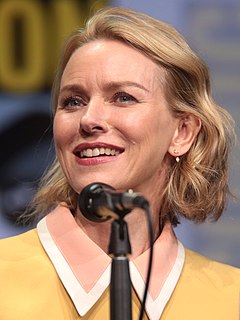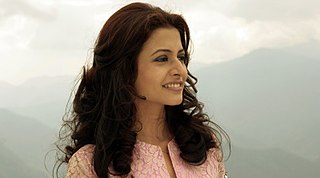A Quote by Pratik Gandhi
Everytime I read a script now, I am able to imagine my character in multiple ways, which I present to the director or the writer, and we take it on from there.
Related Quotes
With a good script a good director can produce a masterpiece; with the same script a mediocre director can make a passable film. But with a bad script even a good director can’t possibly make a good film. For truly cinematic expression, the camera and the microphone must be able to cross both fire and water. That is what makes a real movie. The script must be something that has the power to do this.
I'm a writer-director originally from Rhode Island, now living in Los Angeles. I've spent the past eleven years working with a writing partner, Joni Lefkowitz, and am now making the transition into feature directing thanks to this script we wrote together and our incredible producer Jordana Mollick.
When I first started you would pitch a story because without a good story, you didn't really have a film. Later, once sequels started to take off, you pitched a character because a good character could support multiple stories. and now, you pitch a world because a world can support multiple characters and multiple stories across multiple media.
When I read the script [of Good Kill], it read like a science fiction film. And Andrew [writer/director Andrew Niccol] is known for sci-fi. But when I spoke to him, he said this picture was 100% factual, which blew my mind. I realized then how little I knew about the drone program. And I felt that, if I knew so little about it, there must be others who should be educated about what's going on.


































